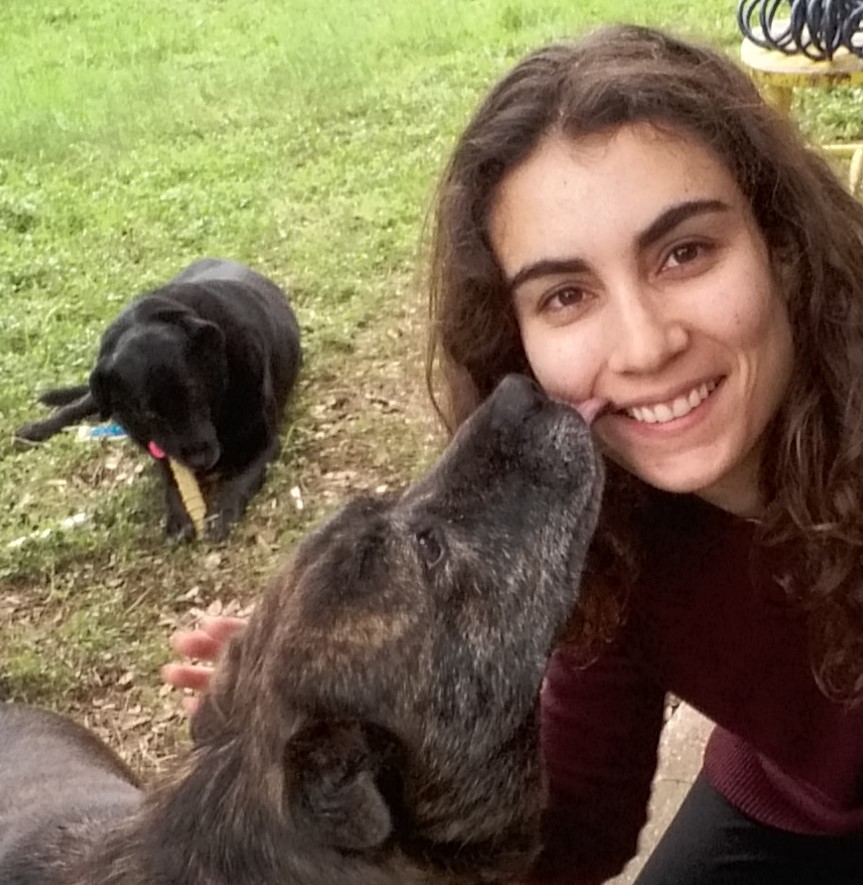
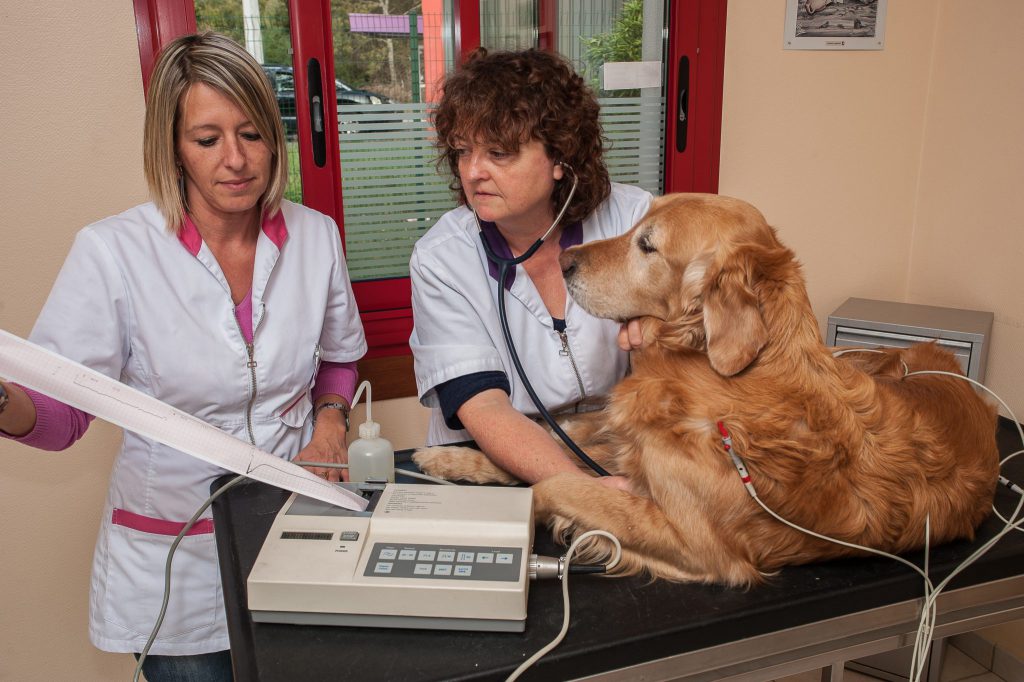
It is never too late to improve your dog’s health and overall quality of life. As food and diet play a crucial role in our health, so it does for our pets.
Degenerative diseases, obesity, and a decrease in vitality and energy tend to accompany senior dogs as they grow older and are probably the result of lifelong diets that were rich in carbohydrates.
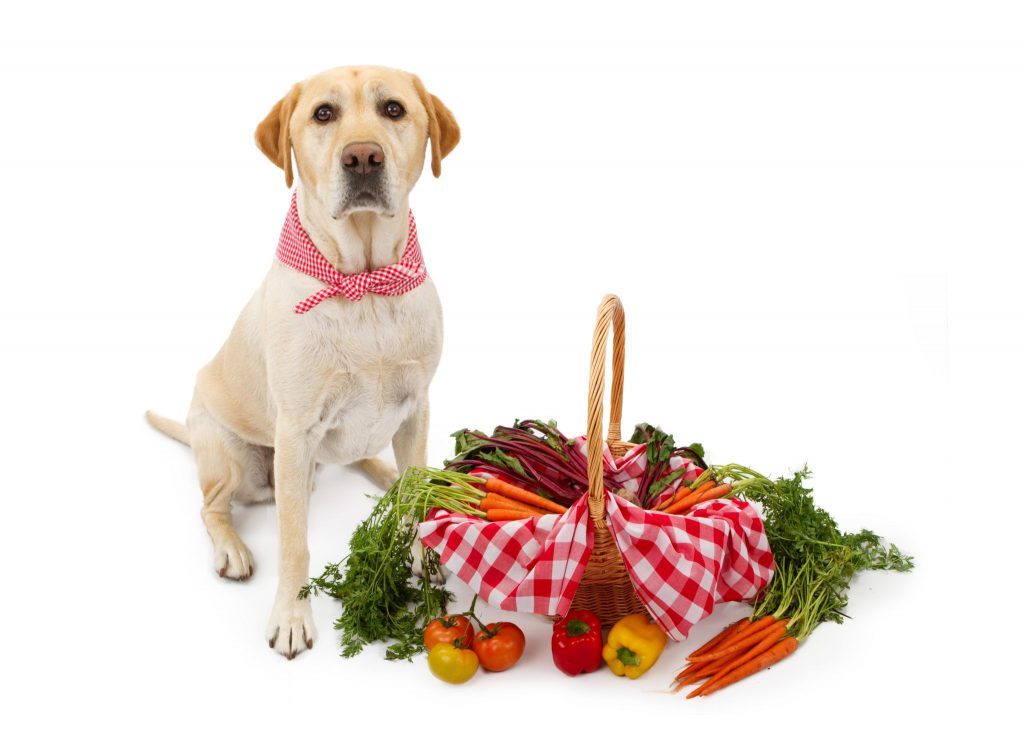
Poor diets, processed foods, bad fats, and bad starches are altogether the root of many conditions that result from an inflammatory state. Inflammation brings about metabolic imbalances that ultimately lead to disease.
Dogs are now aging faster than ever before. While a geriatric dog used to be 12 years old or older, now an 8-year-old dog is considered senior. The reason behind it is closely linked to the appearance of commercial pet foods and its use as first choice to feed pets all over the world. While easy to use, affordable, and supposedly complete in terms of pet nutrition, dry kibble, the most common commercial pet food available, is not real food.
Dry kibble is processed food made from meat by-products that are rejected in meat-processing facilities – any and every part of an animal carcass that is not appropriate for human consumption.
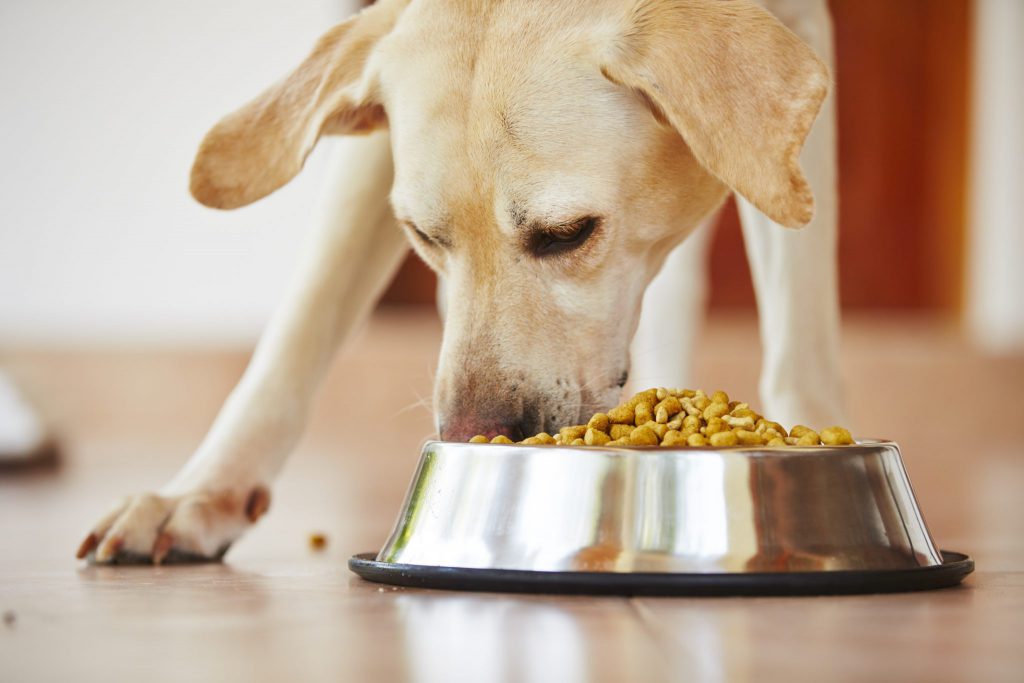
So, with so many different and controversial information coming from everywhere, how do we know which is best for our senior pet and what to feed him so that he has a healthy life? Well, thinking about what is the closest to nature and to the animal’s natural state is a good start. Biologically-appropriate raw food, or BARF, is a type of diet that mimics the feeding regime of a wild or feral animal and is based on whole raw foodstuffs. It is the diet dogs have evolved to eat.
Because dogs are, in nature, hunters and scavengers, but also omnivores, both animal and plant-derived raw foods are appropriate.
A raw food diet is composed of meat, bones, organs (usually liver or kidney), eggs, and vegetables. Meat should comprise at least 60% of the diet (with organs making up 2.5% of the meat quantity) and vegetables the remaining 40%. One egg a day (also raw) and a fish oil supplement to provide the omega-3 fatty acids your dog needs will make the diet complete.
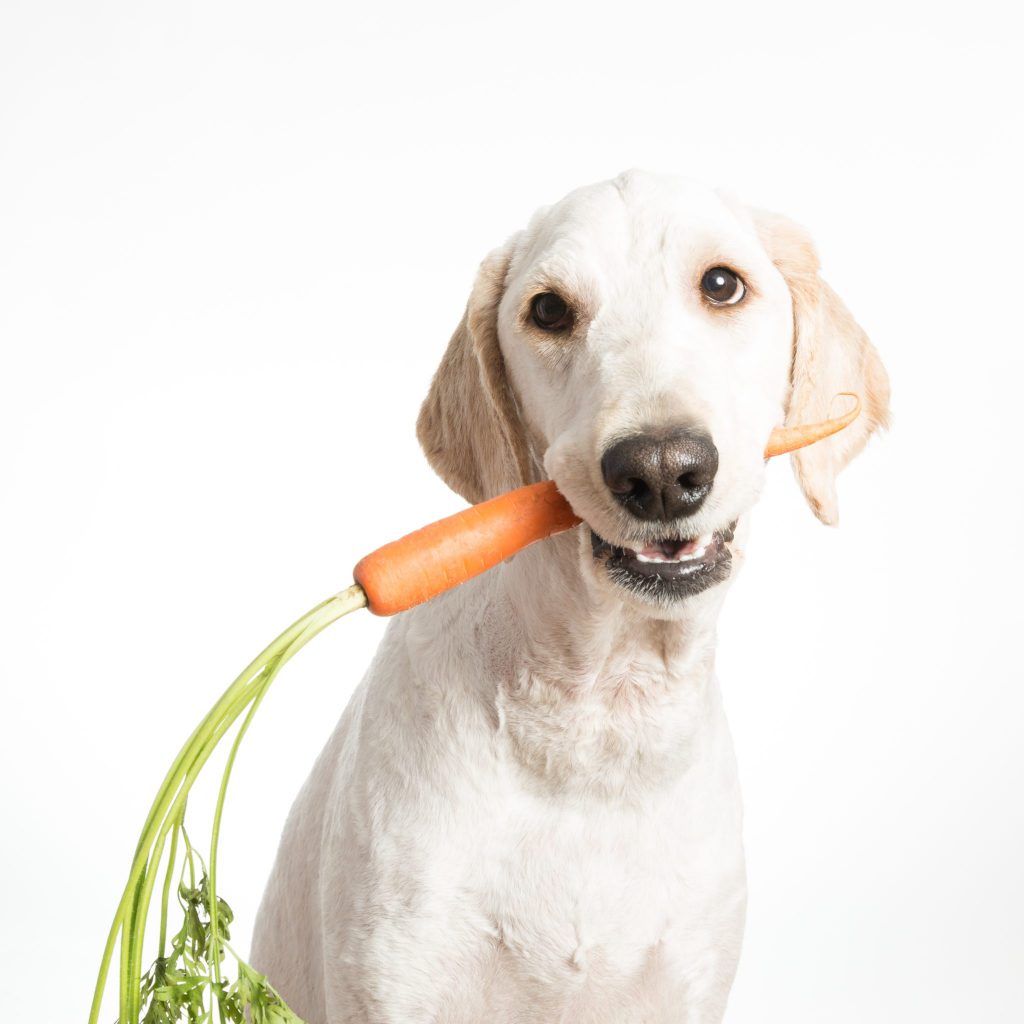
Other supplements may be needed, depending on your dog’s health status. Glucosamine-type supplements are beneficial for senior dogs with arthritis or joint problems.
Not all vegetables are good for your dog. Green, leafy, non-starchy vegetables are the best, as your dog as no nutritional need for carbohydrates.
Nutritional choices are relative when it comes to choosing the right vegetables to feed your senior dog, especially if he has pre-existing health conditions. So, for example, dogs with diabetes should be fed vegetables that have a low glycemic index – green beans are a great choice!

For dogs with cancer we should focus on those with the least sugar and the most anti-oxidants, such as kale or broccoli.
Also, vegetables should be lightly steamed or blended to mimic the natural predigestion that would take place in nature, as dogs would eat a prey that had previously ingested vegetables. Warm food is best for the same reasons, as it mimics a freshly killed prey.
But what about the switch? How do we make the switch from processed, commercial pet food to a fresh raw diet? Most dogs will find the new food much more appealing and delicious so, in most cases, simply switching to a raw diet with no transition period will work wonders!

However, if your dog is more sensitive or already has dental problems that may make it difficult to chew bones or vegetables, you can always adapt. The latter can be solved by mixing and grinding all ingredients together to make eating a little easier.
The former can be dealt with a more careful approach, by making a gradual transition and starting by adding probiotics to prevent diarrhea. A few days after starting with the probiotics, slowly start introducing the meat and then the vegetables.
Pay special attention to the fact that dry kibble and raw food should not be mixed as that may cause imbalances.
Consider the time and budget you have available and be ready to spend a couple of hours each week preparing and portioning your dog’s food, which can then be frozen and thawed as needed.
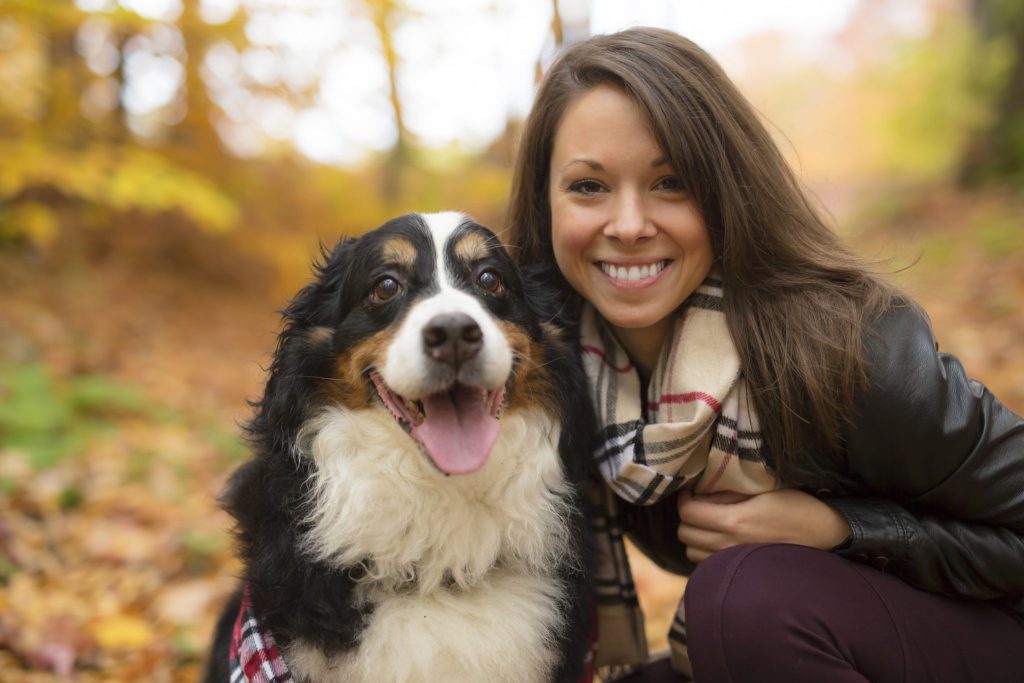
As time goes by and you learn more about your dog’s preferences and needs, as well as adjusting the proportions and quantities to meet your dog’s dietary requirements, the task will become easier and simpler.
Always use stainless steel bowls, as plastic bowls may harbor pathogens and are suitable environments for their growth.
You should also remember that some dogs may take some time to adapt to the new diet, as they may be too addicted to the carbohydrates from their previous foods, as well as salt. Give him some time to adjust to the new textures and flavors and your dog will never want to go back to the old habits.
Hip & Joint Supplement
[/et_pb_text][et_pb_image src="https://vetnaturals.com/wp-content/uploads/2017/04/amazon-btn-150.png" url="https://www.amazon.com/Veterinary-Naturals-Hemp-Hips-Inflammation/dp/B01N2S774K/ref=lp_16740413011_1_1?srs=16740413011&ie=UTF8&qid=1506810789&sr=8-1" _builder_version="3.0.72" show_bottom_space="on"]
Hip & Joint Supplement
[/et_pb_text][et_pb_image src="https://vetnaturals.com/wp-content/uploads/2017/04/chewy-btn-150.png" url="https://www.chewy.com/veterinary-naturals-hemp-hips/dp/152766" _builder_version="3.0.72" show_bottom_space="on"]
Probiotic with Skin & Coat Supplement
[/et_pb_text][et_pb_image src="https://vetnaturals.com/wp-content/uploads/2017/04/amazon-btn-150.png" url="https://www.amazon.com/Veterinary-Naturals-Health-Probiotic-Supplement/dp/B06XTBV8SX/ref=lp_16740413011_1_3?srs=16740413011&ie=UTF8&qid=1506811161&sr=8-3" _builder_version="3.0.72" show_bottom_space="on"]
Probiotic
[/et_pb_text][et_pb_image src="https://vetnaturals.com/wp-content/uploads/2017/04/chewy-btn-150.png" url="https://www.chewy.com/veterinary-naturals-hemp-health/dp/152768" _builder_version="3.0.72" show_bottom_space="on"]


